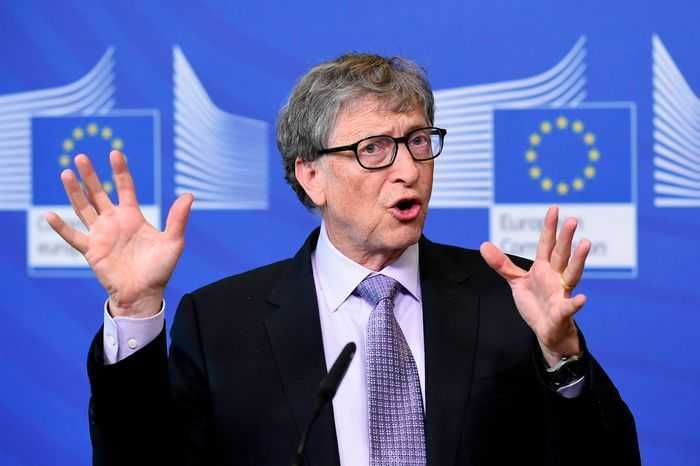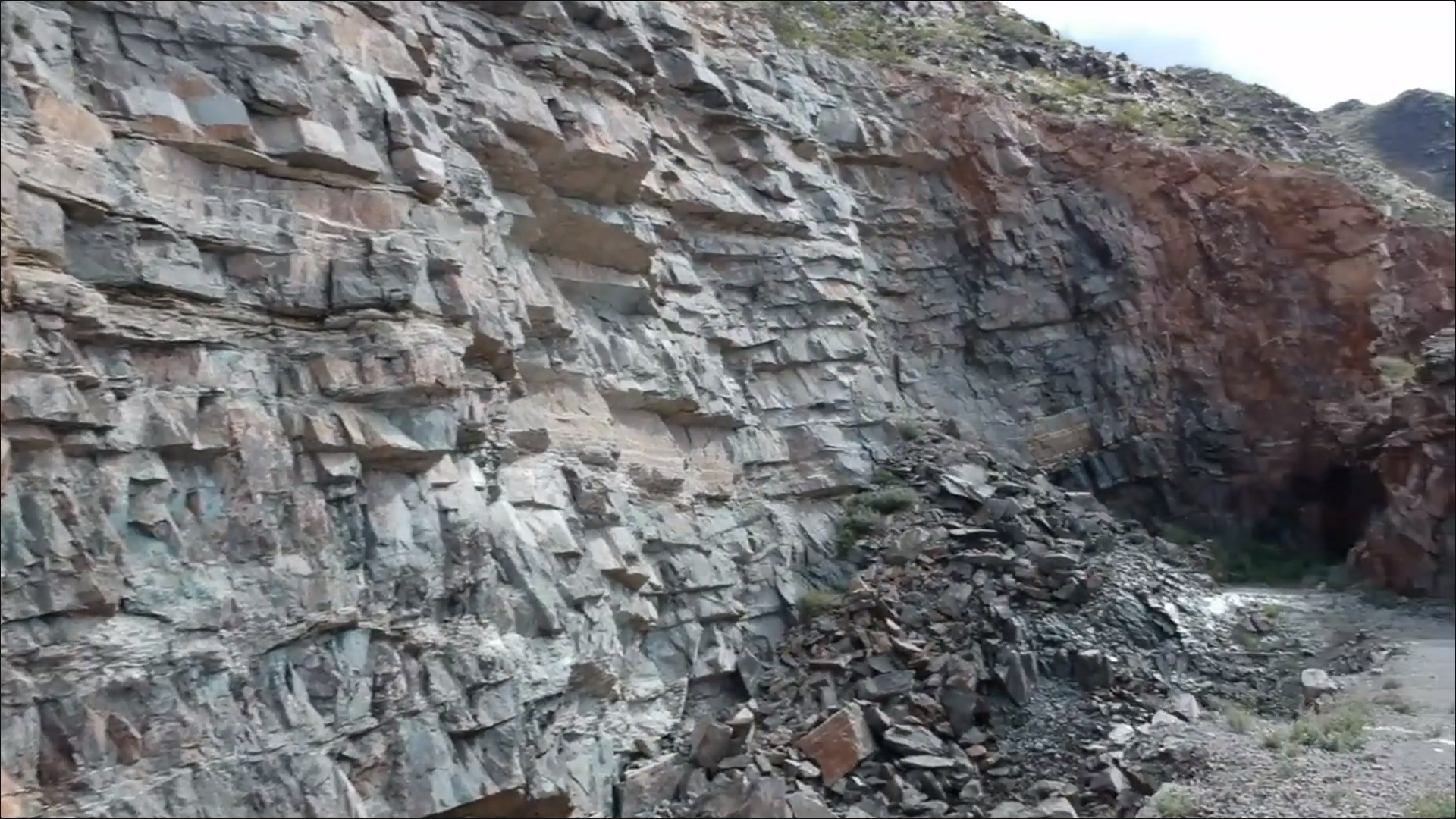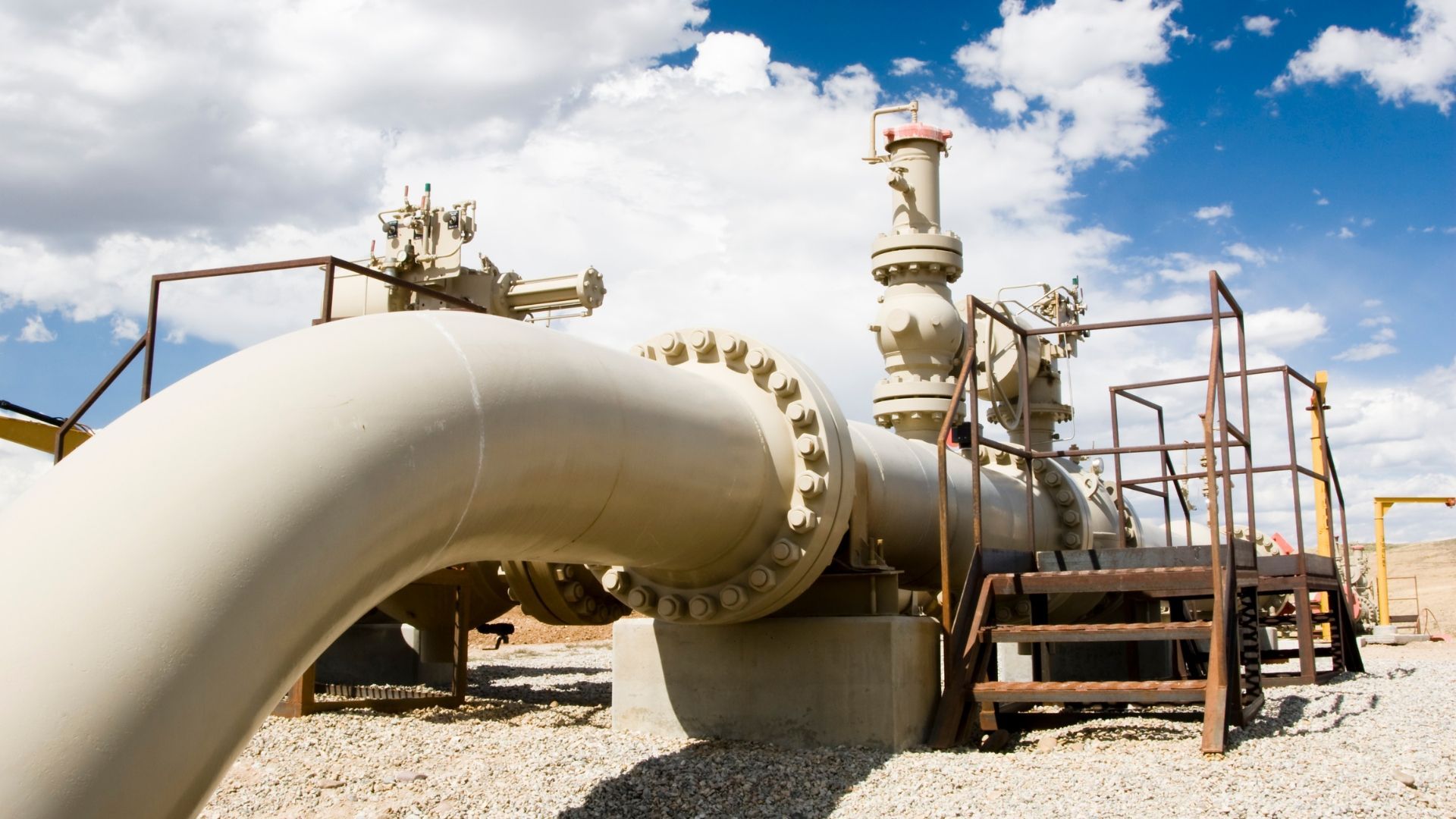KoBold Metals raises $200 million to dig for copper, lithium using AI
Some of the tech industry’s most prominent investors are doubling down on one of Silicon Valley’s latest unicorns: a mining startup.
Berkeley, Calif.-based KoBold Metals, which explores for metals such as copper, lithium and cobalt using artificial intelligence, is raising around $200 million in a fundraising round, said co-founder and Chief Executive Kurt House.
The capital injection values the company at more than $1 billion, he said. Part of that will be used to help it develop copper reserves it recently acquired in Zambia.
The fundraising round is backed by existing investors including Bill Gates’s Breakthrough Energy Ventures, a climate-tech venture-capital firm that invests money on behalf of the likes of Jeff Bezos and Jack Ma.
Also involved in the round: venture-capital firm Andreessen Horowitz and BOND, a venture-capital firm co-founded by Mary Meeker. A division of T. Rowe Price that manages client money led the round.

KoBold marries elements of two recently hot investment trends. Investors have been pouring money into projects that will help transition the world to a greener economy, including battery production for electric vehicles, clean hydrogen projects and carbon-removal technologies. That all requires a suite of metals that can be hard to find and expensive to dig out of the ground.
At the same time, recent advances in artificial intelligence, including the debut this year of AI-empowered chat apps, have funneled investment into AI startups.
Founded in 2018, KoBold says it uses data science and machine learning to identify deposits of cobalt, copper, nickel and lithium, crucial components of the electric-vehicle boom. It has 60 continuing exploration projects in North America, Africa and Australia. Last December, it agreed to invest $150 million to buy a controlling stake in a large, undeveloped copper deposit in Zambia that it says should take at least eight years to yield copper.
The company says it is trying to disrupt traditional methods of mining exploration, which haven’t changed much in decades. Big miners over the years have outsourced exploration to smaller companies. House said one goal is to collect more sophisticated and nuanced data about deposits that conventional methods wouldn’t traditionally collect.
“The success rates of finding new deposits have been declining,” House said. “It’s hard to see how in the current setup we’ll get sufficient discoveries in time without breakthroughs in technology.”

Connie Chan, a general partner at Andreessen Horowitz, said the company’s investors wanted to put in more capital because “we saw the algorithms are working and wanted [the company] to accelerate, and make sure they had plenty of resources.” She pointed to projects in Quebec that yielded more nickel sulfide than the industry average for that region. The hunt for battery metals is intensifying as the world transitions away from fossil fuels and as most of the more-easily detectable deposits have already been snapped up. Large mining companies globally are trying to tap new areas farther underground. KoBold has exploration partnerships with miners Rio Tinto and BHP.
The investment, which is taking place amid a difficult backdrop for tech fundraising more broadly, is making bedfellows of tech players and more traditional industry backers. Other investors participating in the round include BHP, Norwegian energy company Equinor and Mitsubishi.
“The demand for metals needed for electrification and battery storage is only increasing,” said Jay Simons, a general partner at BOND. “Our demand is quickly outpacing the ability to meet it. To unlock the capacity that’s needed, you’ll need different approaches.”
Write to Julie Steinberg at julie.steinberg@wsj.com
Source: The Wall Street Journal






